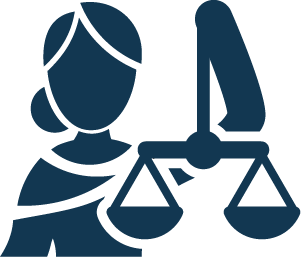The Council of Europe today called on its 47 member States to take a precautionary approach to the development and use of algorithmic systems and adopt legislation, policies and practices that fully respect human rights.
In a Recommendation on the human rights impacts of algorithmic systems, the Council of Europe’s Committee of Ministers issued a set of guidelines calling on governments to ensure that they do not breach human rights through their own use, development or procurement of algorithmic systems. In addition, as regulators, they should establish effective and predictable legislative, regulatory and supervisory frameworks that prevent, detect, prohibit and remedy human rights violations, whether stemming from public or private actors.
The recommendation acknowledges the vast potential of algorithmic processes to foster innovation and economic development in numerous fields, including communication, education, transportation, governance and health systems. In the current COVID-19 pandemic, algorithmic systems are being used for prediction, diagnosis and research on vaccines and treatments. Enhanced digital tracking measures are being discussed in a growing number of member States – relying, again, on algorithms and automation.
At the same time, the recommendation warns of significant challenges to human rights related to the use of algorithmic systems, mostly concerning the right to a fair trial; privacy and data protection; freedom of thought, conscience and religion; the freedoms of expression and assembly; the right to equal treatment; and economic and social rights.











